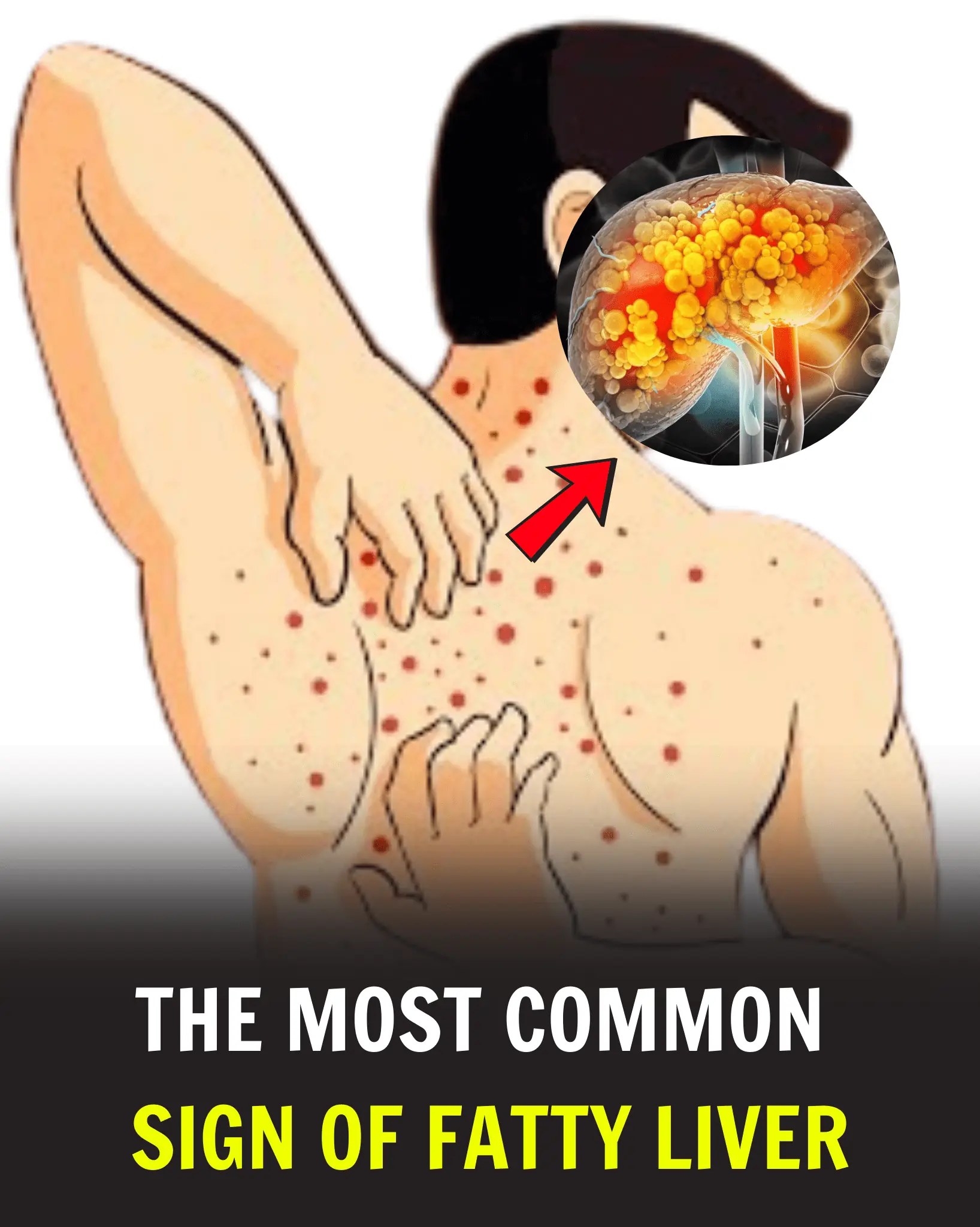Fatty liver disease, also known as hepatic steatosis, develops when excess fat accumulates in the liver, interfering with its ability to function effectively. It's a growing health concern, often linked to poor lifestyle choices, obesity, and metabolic disorders. Fortunately, with early detection and the right strategies, it can be managed—and even reversed.
This guide covers the key causes, symptoms, types, and practical lifestyle changes to help you prevent and manage fatty liver disease naturally.
What Is Fatty Liver Disease?
Your liver plays a crucial role in detoxifying the body, breaking down fats, and regulating nutrients. When fat starts to build up in liver cells, it can lead to inflammation, scarring, and long-term damage.
Fatty liver is becoming increasingly common, particularly among individuals with unhealthy eating habits, limited physical activity, or high alcohol intake. Recognizing the warning signs and risk factors is essential to prevent it from progressing into more serious liver conditions.
Common Causes of Fatty Liver
Several factors can trigger the buildup of fat in the liver:
✅1. Poor Diet: Diets high in processed foods, sugary beverages, and unhealthy fats can significantly raise the risk. A lack of fiber, lean protein, and healthy fats can also contribute to liver fat accumulation.
✅2. Obesity: Excess body weight is one of the leading causes of fatty liver, as it increases fat storage throughout the body, including in the liver.
✅3. Insulin Resistance: Conditions like type 2 diabetes or metabolic syndrome often lead to insulin resistance, encouraging fat buildup in the liver and impairing its function.
✅4. Excess Alcohol Consumption: Heavy drinking damages liver cells and disrupts fat metabolism, leading to alcoholic fatty liver disease (AFLD).
✅5. Genetic Factors: Some people may be genetically predisposed to fatty liver, even if they maintain a healthy lifestyle.
✅ 6. Pregnancy: In rare cases, pregnant women can develop acute fatty liver of pregnancy (AFLP), which usually resolves after childbirth.
Symptoms of Fatty Liver Disease
Fatty liver is often silent in its early stages. However, some individuals may experience symptoms such as:
- ✅ Fatigue and low energy
- ✅ Discomfort or pain in the upper right abdomen
- ✅ Unexplained weight loss
- ✅ Jaundice (yellowing of the skin or eyes)
- ✅ Loss of appetite
If left untreated, fatty liver can progress to inflammation (steatohepatitis), scarring (fibrosis), and eventually cirrhosis, which can be life-threatening.
Types of Fatty Liver Disease and There are two primary types:
1. Alcoholic Fatty Liver Disease (AFLD)
- Cause: Excessive alcohol intake
- Risk: May progress to alcoholic hepatitis or cirrhosis
- Prevention: Reduce or eliminate alcohol consumption
2. Non-Alcoholic Fatty Liver Disease (NAFLD)
- Cause: Obesity, diabetes, high cholesterol, poor diet
- Risk: Can advance to non-alcoholic steatohepatitis (NASH), causing liver inflammation and scarring
- Prevention: Adopt a healthy diet and maintain a balanced lifestyle
Natural Ways to Prevent and Manage Fatty Liver
While medical treatment is available, lifestyle changes remain the most effective way to manage and even reverse fatty liver disease.
1. Eat a Liver-Friendly Diet
A nutrient-rich, anti-inflammatory diet supports liver detox and reduces fat buildup.
✅ What to Eat:
- Leafy greens (kale, spinach)
- Fresh fruits and vegetables (berries, beets, carrots)
- Whole grains (quinoa, brown rice)
- Healthy fats (avocados, nuts, olive oil)
- Lean proteins (fish, tofu, chicken)
🚫 What to Avoid:
- Processed foods and snacks
- Sugary drinks and sodas
- White bread, pasta, and other refined carbs
- Fried foods and trans fats
2. Exercise Regularly
Physical activity helps burn fat and improves insulin sensitivity.
🏋️ Recommendations:
- At least 150 minutes of moderate exercise weekly (walking, swimming, yoga)
- Add strength training to build muscle and boost metabolism
- Stay active throughout the day—limit prolonged sitting
Even modest weight loss (5–10% of your body weight) can significantly improve liver health.
3. Limit or Avoid Alcohol
Alcohol can severely impact liver health. If you have AFLD, it's essential to stop drinking altogether. Even with NAFLD, limiting alcohol reduces the risk of further damage.
4. Manage Chronic Conditions
Keep conditions like diabetes, high cholesterol, and hypertension under control to prevent further liver complications.
5. Try Natural Supplements (With Medical Guidance)
Some natural remedies may support liver health, but always consult your doctor before starting any supplements:
- 🌿 Milk Thistle – Contains silymarin, known for liver cell repair and anti-inflammatory effects
- 🐟 Omega-3 Fatty Acids – Found in fish oil and flaxseed, these help reduce liver fat
- 🍊 Vitamins C & E – Antioxidants that protect liver cells from damage
- 🍵 Green Tea – Rich in catechins, which may help reduce fat absorption in the liver
Final Thoughts: Take Charge of Your Liver Health
Fatty liver disease is both preventable and reversible, especially when addressed early. By adopting a healthier lifestyle, you can protect your liver and improve your overall well-being.
✅ Start Today By:
- Eating a balanced, whole-food diet
- Staying physically active
- Managing your weight
- Limiting alcohol intake
- Addressing underlying health conditions
With consistent effort, you can reverse fatty liver and enjoy a healthier, more energetic life. Small changes now can lead to big results for your liver—and your future.


